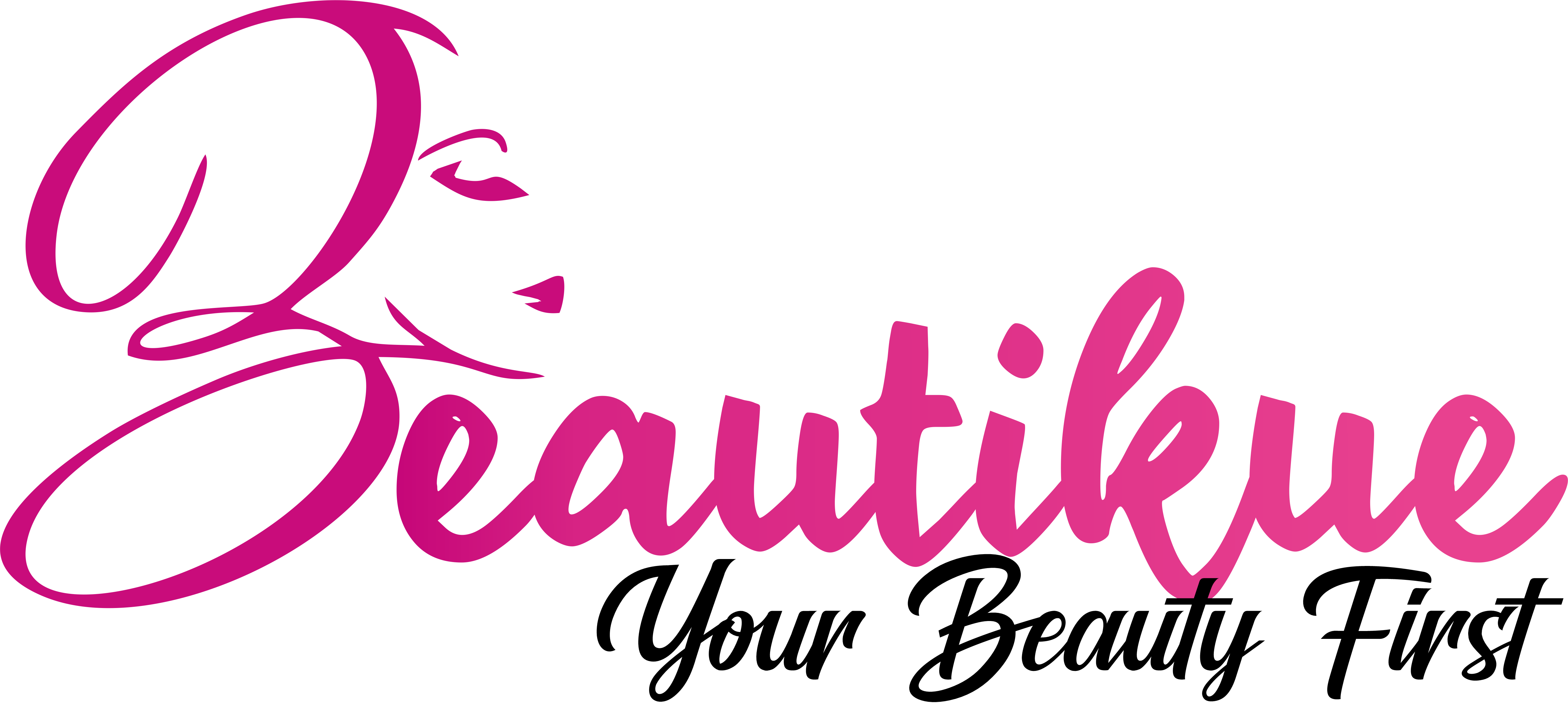What You Should Be Aware of Relating Vegan Shoes? – Are you ready to add some animal-friendly shoes made in an ethical manner to your collection? Welcome! Leather is the biggest cause of animal extinction in the fashion industry. It claims the lives of around one billion people each year. Cows make up the vast majority of these animals. Other animals, including as sheep, pigs, goats, and others, may also be used to make leather.
What is the definition of vegan shoes?
Please bear with us as we explain the concept of “vegan shoes,” which may seem unusual at first because, well, shoes aren’t food.
Most people who want to follow a vegan lifestyle in order to avoid harm quickly realize that we must go beyond our food choices. Cosmetics, body care products, cleaning products, household goods, and clothing are all examples of product categories that should be evaluated.
To put it simply, vegan shoes are those that are made without the usage of any animal products or by-products. Animal hides, leather, suede, wool, fur, snakeskin, alligator skin, or other skins are not permitted, nor are animal-derived glues. In this perspective, a shoe is termed vegan if it contains no animal products. Aside from that, many vegans are looking for shoe brands that use ethical business practices, are environmentally friendly, and are made with care.
What is the most effective technique to determine whether my shoes are vegan?
In general, you shouldn’t have too much trouble because many companies are pleased to claim that their shoes are made of “genuine leather.” A tag or label indicating that the piece is made of animal skin is typically found on leather objects. When vegans encounter these labels, they may be able to recognize and avoid non-vegan foods more simply.
Some shoes will feature small symbols on the label that can be used to determine whether or not the shoe is vegan, while others will not. If you come across a sign that looks like a cowhide, it was made from animal leather. A diamond-shaped or net-like indication, on the other hand, suggests that the materials were created by people.
What materials are used to make vegan shoes?
Vegan leathers made by humans have long played an essential part in the shoe business. Petroleum-based synthetic leathers, such as PVC (a highly toxic plastic) or polyurethane (PU), which is only slightly less hazardous, are often used in the manufacture of vegan shoes.
Even though they are less hazardous to the environment than animal leather, synthetic materials are not the greatest solution. These materials are not biodegradable and will continue to release toxins into the environment for many years after they are made. Many hazardous chemicals are also used in their manufacturing operations, endangering the health of their employees as well as the environment in the surrounding area.
We no longer have to choose between animal skins and plastic because we live in an age of scientific growth. One example of a natural, sustainable vegan creation is Piatex, a pineapple-leaf fiber material that provides an additional source of money for pineapple producers.
Hugo Boss has already used eco-friendly leather developed by a material innovation company in a shoe line that they have released. It has also been used by H&M and Chanel, making it the most popular new vegan leather on the market at the moment. One of the great breakthroughs in the industry is apple leather, a substance made from dried apple peels. This non-toxic, animal-free material is largely used in the creation of accessories for small vegan businesses.
What about the glue on the sole of the shoes?
You may have heard that most shoe glue contains animal collagen and hence cannot be used by vegans. Your assessment is partially correct. In reality, there are a variety of glues on the market today that are based on animal parts and byproducts. And, without a doubt, these animal glues were once the principal source of glue utilized in the production of shoes and other goods. Animal-based glues, on the other hand, are becoming less and less popular among businesses.
Today, a wide range of synthetic adhesive glues are accessible, and companies such as Converse, New Balance, and Nike are using them in their products. However, this is where things become a little more tricky. What is the easiest way to tell if a pair of shoes was made with vegan glue rather than animal glue? Unfortunately, you won’t be able to tell just by looking at the shoes. Inquiring with a firm about this may help you get to the core of your difficulty.
Conclusion
It is now easier than ever to locate vegan shoes that are comfortable, fashionable, and well-made. Of course, purchasing from a vegan brand is the best option, but few people have the financial wherewithal to make such a substantial investment in their footwear. Many of these establishments are managed by vegetarians. While some of these items are more pricey, others are less so. However, you may confidently imagine yourself in their shoes, knowing that you are aiding a company with high ethical standards. Choose the one that is most convenient for you and your family.
